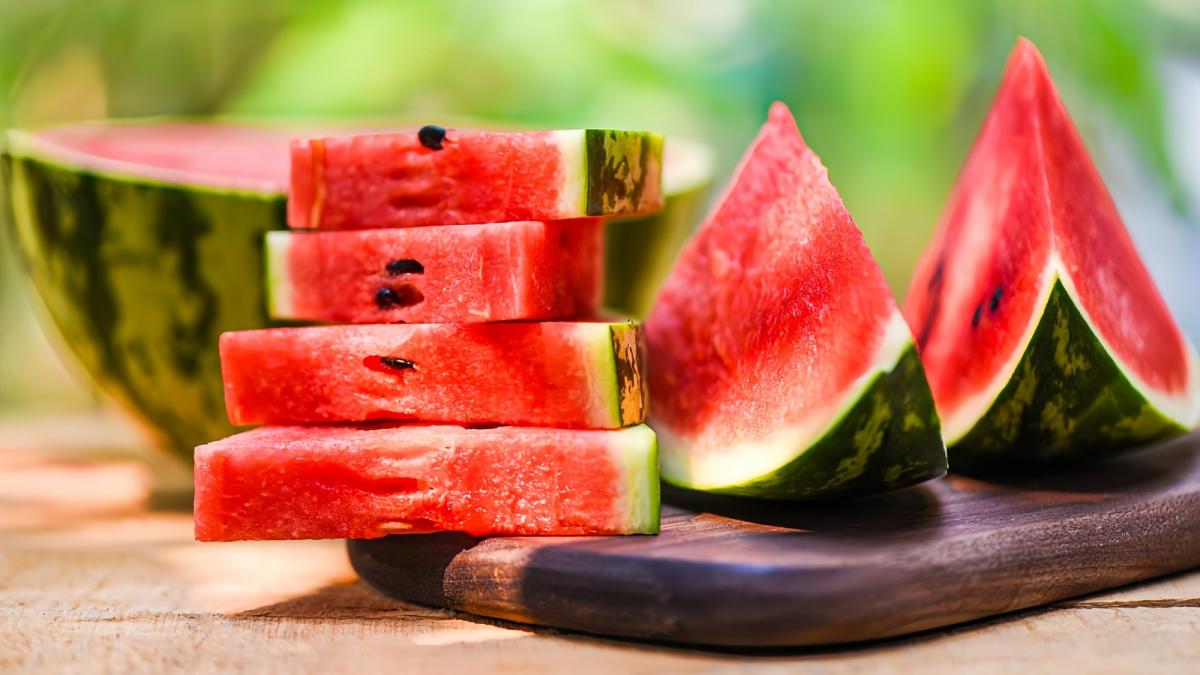Watermelon is a popular fruit known for its hydrating properties and health benefits. With over 90% water content and essential nutrients like vitamins A and C, it’s often considered a great snack for overall health. However, there are some important considerations to keep in mind, especially if you have certain health conditions.
Health Benefits of Watermelon
Watermelon is packed with antioxidants like lycopene, which may help reduce the risk of heart disease and certain cancers. Its natural sugars and fiber content make it a refreshing, low-calorie option that aids digestion and helps you feel full.
Potential Concerns
Despite its benefits, watermelon is not without potential drawbacks. Recent studies published in Annals of Internal Medicine have highlighted that people with kidney issues should be cautious about consuming too much watermelon. This is because watermelon contains a significant amount of potassium.
For healthy individuals, the potassium in watermelon is typically not a concern. However, for those with chronic kidney disease (CKD), the situation is different. CKD impairs the kidneys’ ability to filter blood and remove waste, leading to potential complications from excessive potassium intake, such as hyperkalemia. Sadly, many people with CKD are unaware of their condition until it reaches advanced stages.
The Takeaway
If you have CKD or are at risk, it’s wise to moderate your watermelon consumption to avoid excessive potassium intake. While watermelon can be part of a balanced diet, being mindful of portion sizes and understanding your health needs are crucial for maintaining overall well-being.
